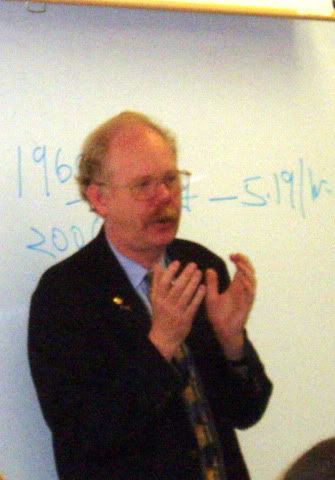The twentieth century historian Arthur Schlesinger wrote that “...what has held the American people together in the absence of a common ethnic origin has been precisely a common adherence to ideal of democracy and human rights that, too often transgressed in practice, forever goads us to narrow the gap between practice and principle.”
This is a realistic appraisal, acknowledging our country’s shortcomings while calling citizens to our ideals. Critiques of the US, then, should be two dimensional: how we match up or our ideals and also how we match up to other real nations, past and present.
Note America’s capacity for self-criticism. Here is Schlesinger again: The American “literary canon” does not consist of “apologists for the privileged and the powerful” but includes Emerson, Jefferson, Melville, Whitman, Thoreau.
Schlesinger adds: “There remains, however, a crucial difference between the Western tradition and others. The crimes of the West have produced great movements to end slavery, to raise the status of women, to abolish torture, to combat racism, to defend freedom of inquiry and expression, to advocate personal liberty and human rights….- When the Chinese students cried and died for democracy in Tiananmen Square, they brought with them not representations of Confucius or Buddha but a model of the State of Liberty.” Source: Arthur M Schlesinger The Disuniting of America (New York: W.W. Norton & Company, 1992), p. 118, 126, 129
The following summarizes the role of the United States among nations. We live in a country that has a history of success and tragic failures in managing differences. However, “there has surely never been a power in history that has won so many wars and acquired, in consequence, so little territory or extracted so few reparations as the United States after 1917.” Why? Wilson’s idealism, the circumstances of our intervention in the First World war, failure n Mexico, long-term effects of anti-imperialists such as Henry David Thoreau and Mark Twain. Source: Felipe Fernandez-Armesto The Americas: The History of a Hemisphere New York: The Modern Library, a division of Random House, 2006) p. 139
In the next posts we will talk about some of the other nations of the world. After that, we will cover how the US has been able to manage diversity.
Monday, December 24, 2007
Subscribe to:
Post Comments (Atom)

No comments:
Post a Comment